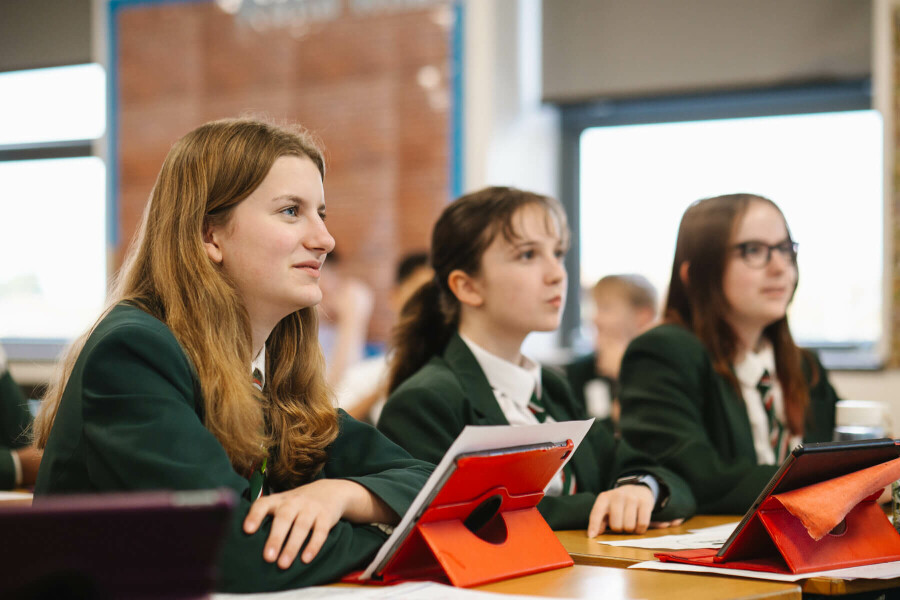

Our free Media Literacy Ambassador Programme trains young people in years 9-13 to teach their peers about fake news, enhancing media literacy skills across year groups and subjects in your school or college.
We currently offer this programme in London, the Midlands, South and West Yorkshire, Cheshire, Staffordshire and Cheshire. We also prioritise schools/colleges with above average free school meals or pupil premium students.
Media Literacy Ambassadors have co-delivered sessions to their peers in English, Media, PSHE, Citizenship lessons and tutorial time.
Students and teachers participating in the programme will benefit from:
Onsite training day at your organisation for Media Literacy Ambassadors and teachers
Virtual support for students before they deliver media literacy sessions to their peers alongside their teachers
Virtual reflection session for students up to one month after peer delivery
Regular resource updates after delivery
Not eligible for the programme? You can deliver the programme independently with our free, expertly tested resources. They are suitable for all schools including those with students who have English as an additional language or special educational needs.
The guide will provide you with a model for scaling media literacy and building resilience to mis and disinformation across your school or college. The resources are aimed at students aged 14-18. You can follow the whole programme, or you can pick and choose a selection of activities and resources to incorporate into your teaching.
The guide includes:
Full lesson plans designed by educators
The benefits of teaching media literacy through peer learning
Guidance in setting up the programme
Guidance on collaborating with colleagues and your senior leadership team
How to timetable the programme
How to integrate the programme across the curriculum
Media literacy skills, knowledge and confidence are fundamental in being able to navigate our fast-paced digital world. Young people need to be inspired and supported to engage with the news and media they consume, understand how it is produced and develop the critical analysis skills to recognise mis and disinformation.
Through peer learning, we hope to embed these skills in schools and colleges in the long term.